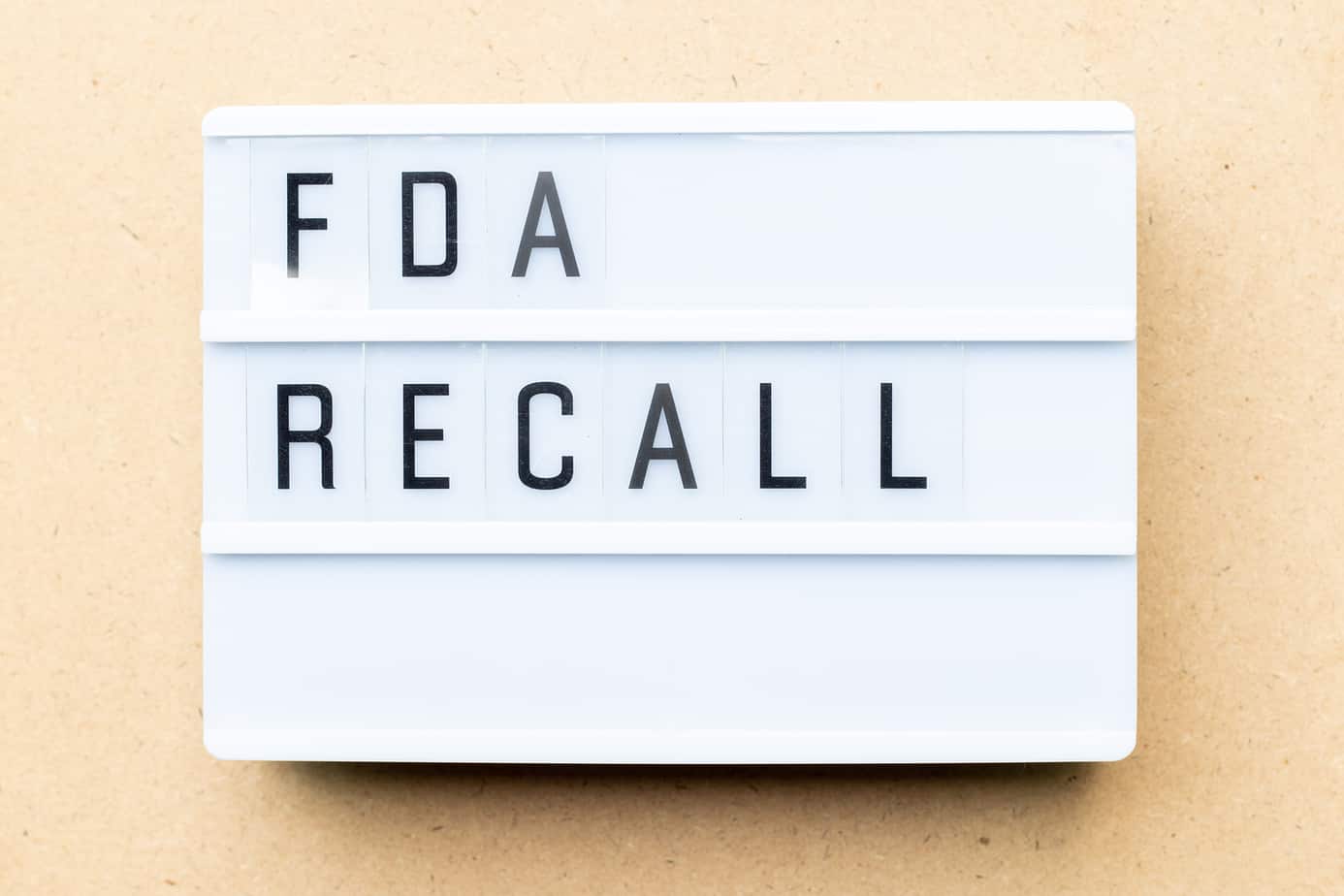Dr. Reddy’s Laboratories has recalled one lot of Docetaxel injection vials, a drug used to treat cancer, the US FDA reports.
A total of 1,051 vials of Docetaxel injection 20 mg/mL has been recalled. The drug was distributed in the United States, Myanmar and Uzbekistan.
The recall was due to defective containers, according to the report.
The FDA said the vials were manufactured at the company’s Visakhapatnam facility. The voluntary recall is a class II recall. A class II recall is initiated when “use of, or exposure to, a violative product may cause temporary or medically reversible adverse health consequences or where probability of serious adverse health consequences is remote.”
News of the Docetaxel recall comes as Pfizer Korea recorded the largest number of disposals and drug recalls in Korea last year.
Korea’s Ministry of Food and Drug Safety said the total number of disposals and recalls hit 128 in 2017. Among those, 28 were prescription drugs, eight were OTC drugs and the remainder were ingredients for traditional herbal medicine, pesticides and medical devices.
Five lots of two drugs were recalled by Pfizer Korea last year: three lots of Lipitor, a dyslipidemia treatment; and two lots of Xanax, an anxiety drug.
Lipitor was voluntarily recalled because of “out-of-specification results in microbiological stability tests.” Xanax was recalled after empty bottles were found on sale and possible deviation in a stability test.
Korea had six other multinational drugmakers recall drugs at least once in 2017.
Sanofi-Aventis Korea recalled Epidra Injection due to deviations in a stability test. Kyowa Hakko Kirin Korea recalled Mitomycin-C-Kyowa Injection from the market due to the need for more stability tests.
Aside from drugmakers, other firms recalled products in the traditional herbal medicine industry. The recalls were due to issues with quality, content, residual pesticide levels and cadmium levels.



